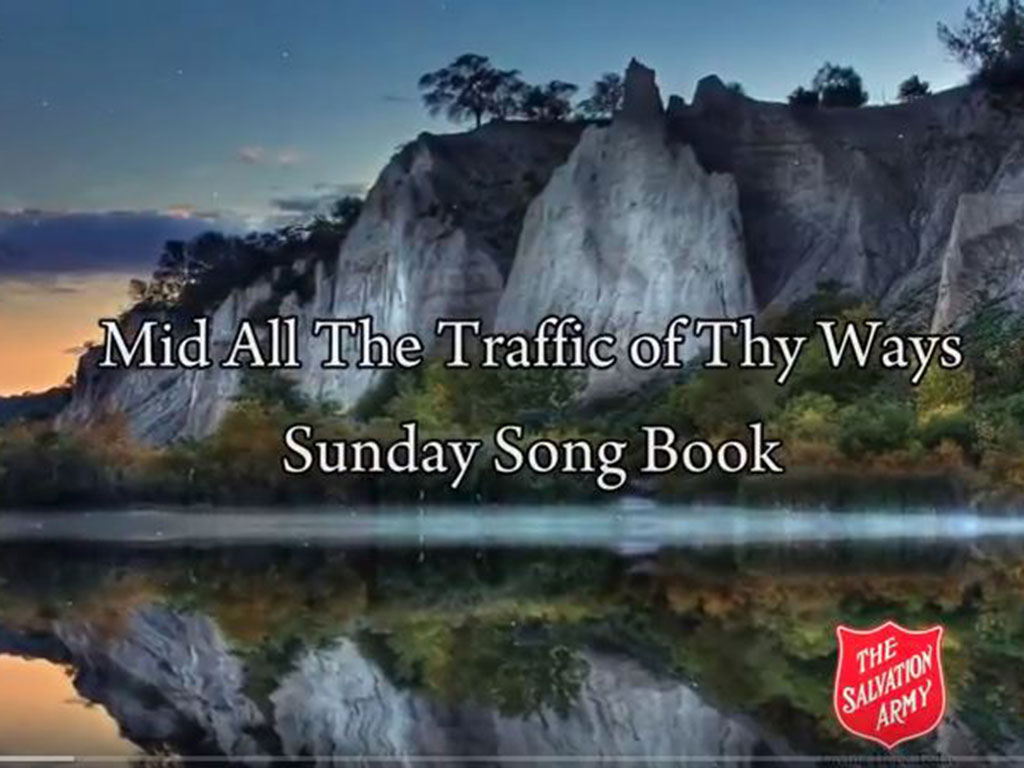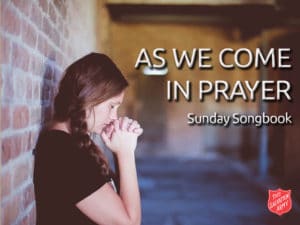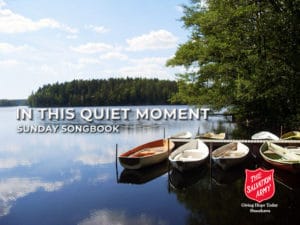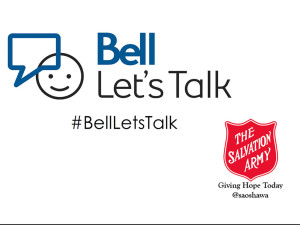‘Mid all the traffic of the ways,
Turmoils without, within,
Make in my heart a quiet place
And come and dwell therein:
A little shrine of quietness
All sacred to Thyself,
Where Thou shalt all my soul possess
And I may find myself:
A little place of mystic grace,
Of self and sin swept bare,
Where I may look into Thy face
And talk with Thee in prayer.
Come, occupy my silent place,
And make Thy dwelling there!
More grace is wrought in quietness
Than any is aware.
As summer arrives in the northern hemisphere, many people find the opportunity to ease up on their hectic schedules and search for – or make – quiet places in which to refresh themselves physically, mentally, emotionally and spiritually. In this week’s song, John Oxenham reminds us that we need to have such a place within our beings at all times – and that it must be a place in which God Himself can abide. Only then will we experience real quietness and peace.
experience real quietness and peace Share on X John Oxenham lived from 1852 to 1941, mainly in England. No doubt he lived most of his life in simpler, slower-paced times than we in the 21st century, yet clearly he lived through part of World War Two, and would have known of its chaos and tragedy. He wrote the above and other hymns under this pseudonym, but his actual name was William Arthur Dunkerley. As a journalist, he used another pseudonym – Julian Ross. He was a teacher and deacon at Ealing Congregational Church, but later moved to Worthing, in Sussex, where he served as the town’s mayor. Some of his children followed in his footsteps and became writers as well.
John Oxenham lived from 1852 to 1941, mainly in England. No doubt he lived most of his life in simpler, slower-paced times than we in the 21st century, yet clearly he lived through part of World War Two, and would have known of its chaos and tragedy. He wrote the above and other hymns under this pseudonym, but his actual name was William Arthur Dunkerley. As a journalist, he used another pseudonym – Julian Ross. He was a teacher and deacon at Ealing Congregational Church, but later moved to Worthing, in Sussex, where he served as the town’s mayor. Some of his children followed in his footsteps and became writers as well.
WORDS: JOHN OXENHAM; MUSIC: FRANCIS DUCKWORTH (TUNE – COLNE), CUTHBERT HOWARD (TUNE – LLOYD), OR ‘SHENANDOAH’ – AMERICAN FOLK TUNE.
S.A. SONG BOOK, 1987 EDITION, #615; 2015 EDITION, #777
REFERENCE: HYMNARY.ORG







